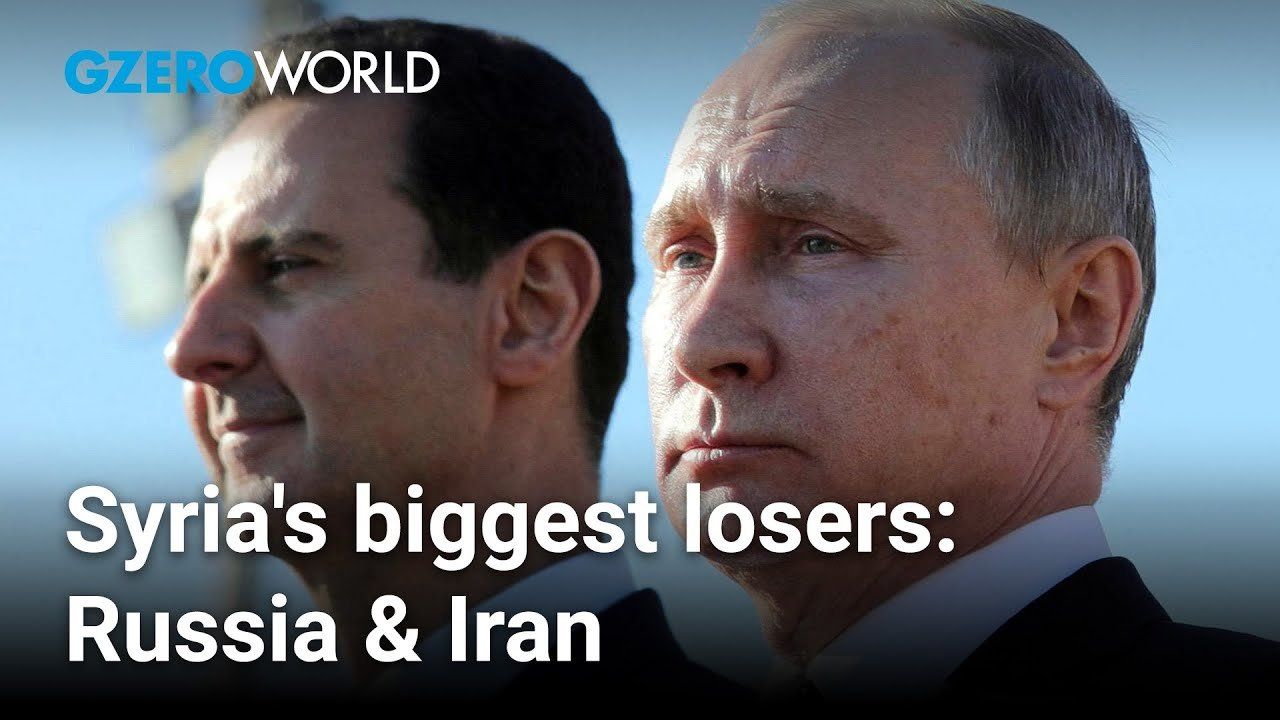Russia and Iran just lost their "crown jewel" in the Middle East - Kim Ghattas

Was Assad ever truly a stabilizing force? On GZERO World, Kim Ghattas, a contributing editor at the Financial Times and author of Black Wave, unpacks Syria’s collapse, Iran and Russia’s strained influence, and what’s next for Tehran on the global stage.
Ghattas challenges the notion that Iran and Russia willingly abandoned Syria in the days before Assad's fall, arguing instead that their diminished capacities forced their retreat. "The Islamic Republic of Iran and the Russians don’t give up easily on the crown jewel of their influence in the Mediterranean," she asserts, explaining how the war in Ukraine has strained Russia’s resources. Similarly, Iran's "axis of resistance," a cornerstone of its regional strategy, is faltering as the country faces internal transitions and external threats. “They’ve stretched themselves too thin… from Yemen to Syria, their investments are crumbling,” Ghattas observes.
As the discussion pivots to Iran’s next steps, Bremmer asks whether the Islamic Republic will seek engagement with adversaries or double down on its nuclear ambitions. Ghattas believes both paths are possible, emphasizing that Iran is grappling with profound internal changes. “They want to be accepted by the international community,” she notes, referencing Iran’s historical yearning for legitimacy. However, with its proxy forces unraveling and vulnerabilities exposed, Tehran’s future remains precarious. “This is, in essence, the end of Iran's strategy of proxy militias around the region,” Ghattas says.
Watch full episode: Syria after Assad.
GZERO World with Ian Bremmer, the award-winning weekly global affairs series, airs nationwide on US public television stations (check local listings).
New digital episodes of GZERO World are released every Monday on YouTube. Don't miss an episode: subscribe to GZERO's YouTube channel and turn on notifications (🔔).